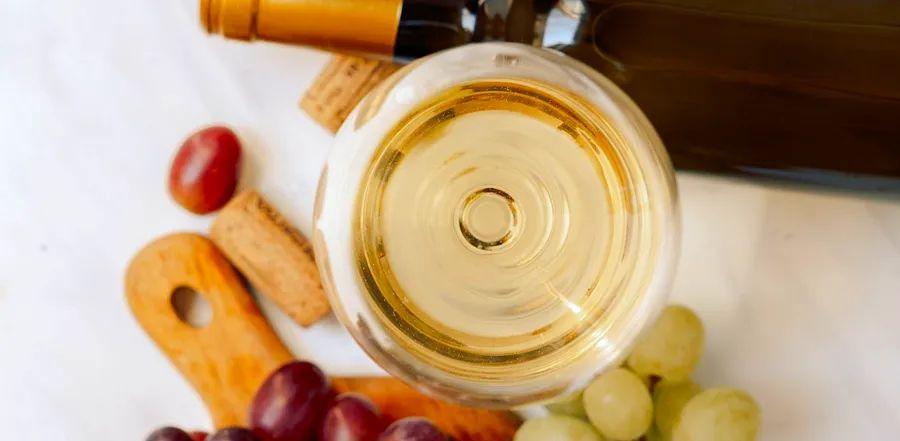3
4 Simple White Wine Alternatives You Can Try

While white wine is a common ingredient in many recipes, I don't always have it on hand. If you're in the same situation, don't worry—there are plenty of options to make your dish just as delicious.
Why is Wine Used in Cooking?
White wine does more than just add flavor—it helps balance rich dishes and bring a touch of brightness. Its acidity cuts through heavy sauces and ingredients, so when you need to mimic its effects, choose substitutes that have a similar tartness.
Chances are, you already have some of the perfect alternatives in your pantry, so don’t fret if you’re out of white wine. Cooking is all about creativity, and there are plenty of ways to improvise.
What Can You Use Instead of White Wine?
- Vinegar: White wine vinegar, apple cider vinegar, or rice vinegar all make great replacements for white wine. White wine vinegar, in particular, is quite acidic and closely mimics the effects of wine. If you're swapping white wine with vinegar, use half the amount and top it off with water or broth to balance the acidity.
- Broth: Broth provides both liquid and flavor, much like wine. While not as acidic, it still brings a depth of taste to your dishes. If you’re out of white wine, broth is a perfect alternative.
- Lemon Juice: Among the substitutes, lemon juice is the most acidic and will add a sharp, fresh tang to your dish, similar to white wine. Whether freshly squeezed or bottled, lemon juice brightens up your recipe, though it won’t carry the same complexity as wine.
- White Grape Juice: Grape juice, especially white grape juice, offers a similar base flavor to white wine since both come from grapes. However, it’s sweeter than wine, so you may need to balance the dish with a bit of lemon juice or vinegar to reduce the sweetness.
Explore related stories

1
Your ultimate guide to skiing in JapanHot

2
Without Tourists, the Future of Portuguese Cuisine Remains UncertainHot

3
Our selections for the top restaurants in SydneyHot

4
Essential Eats in Tanjong Pagar and Local Highlights

5
Barranquilla: South America’s Hidden Carnival – Let the Party Begin in Colombia
Evaluation :
5/5